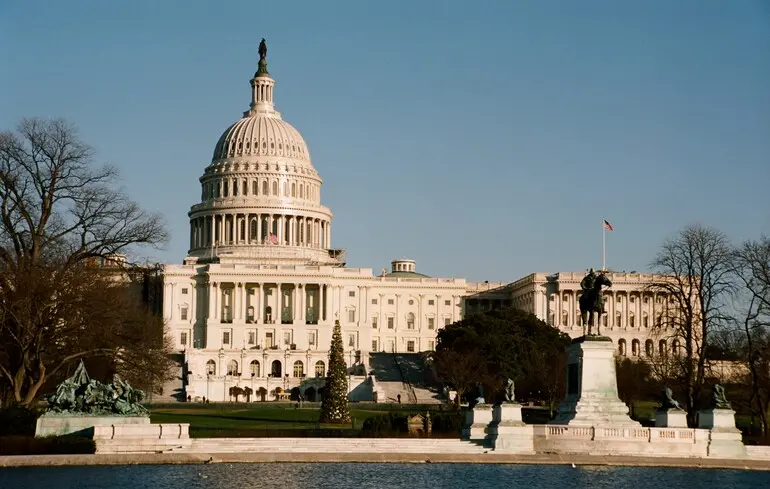U.S. Senators Push for Stricter Sanctions Against Russian Shadow Fleet Amid Energy Crisis

The United States is actively working on a new legislative package aimed at significantly intensifying sanctions against Russia, with a particular focus on its secretive fleet of oil tankers that plays a crucial role in circumventing Western restrictions.
Senators from both major parties have introduced a bill designed to expand sanctions on Russian energy exports, especially targeting maritime transport used to bypass sanctions imposed since Russia’s full-scale invasion of Ukraine in 2022.
This strategy is driven by the fact that Russia’s shadow fleet generates substantial revenue, helping Moscow finance its ongoing war and strengthen its economic resilience in challenging times.
The proposed legislation, set to be unveiled this Friday by Senate Foreign Relations Committee Chair Republican Jim Risch and Democratic Senator Jeanne Shaheen, aims to create new avenues to combat illegal maritime activities — including sanctions against vessel owners and bans on the production and supply of equipment related to this sector.
The bill emphasizes targeting old, covertly registered ships that are difficult to identify and sanction directly.
Only measures aimed specifically at the ships themselves have proved effective so far.
The legislation is also expected to include sanctions against Russian LNG projects and other strategic sectors related to defense and energy.
This reflects broader trends as the UK and the EU have already expanded sanctions on Russia’s shadow fleet this year.
Meanwhile, former President Donald Trump, who increased tariffs on Indian imports of Russian oil, has yet to implement new sanctions against Moscow, raising questions about the unity of U.S.
policy on Russia.
The bill receives bipartisan support, including influential lawmakers like Lindsey Graham and Tom Cotton, who argue that increased sanctions are essential to cut off Russia’s financial streams and weaken its war effort.
Additionally, Congress is considering declaring Russia a state sponsor of terrorism, citing the abduction of approximately 19,000 Ukrainian children during the war.
Over the past months, other legislative initiatives have been introduced aimed at strengthening sanctions, notably by Senators Graham and Blumenauer, though these have not yet been put to a vote due to delays from the White House.
Trump, despite issuing threats and setting deadlines for Putin to agree to a ceasefire in Ukraine, has yet to take concrete steps in this direction.
Meanwhile, Putin shows no signs of halting the war, with Russia escalating drone and missile attacks and occasionally violating NATO airspace, which heightens regional tensions.
Recently, Trump called for NATO to reduce dependence on Russian oil and gas as a condition for new U.S.
sanctions, although this is unlikely given Turkey’s reliance on Russian supplies and its reluctance to join Western sanctions.
The EU, too, faces hurdles, with Hungary and Slovakia blocking progress in abandoning Russian energy sources.
Analysts suggest that Trump’s strategy appears to intentionally set unattainable conditions to avoid direct action against Russia.
Nevertheless, the increasing political pressure within the U.S.
and internationally signals a growing consensus on intensifying efforts to weaken Russia and stop its aggression against Ukraine.

